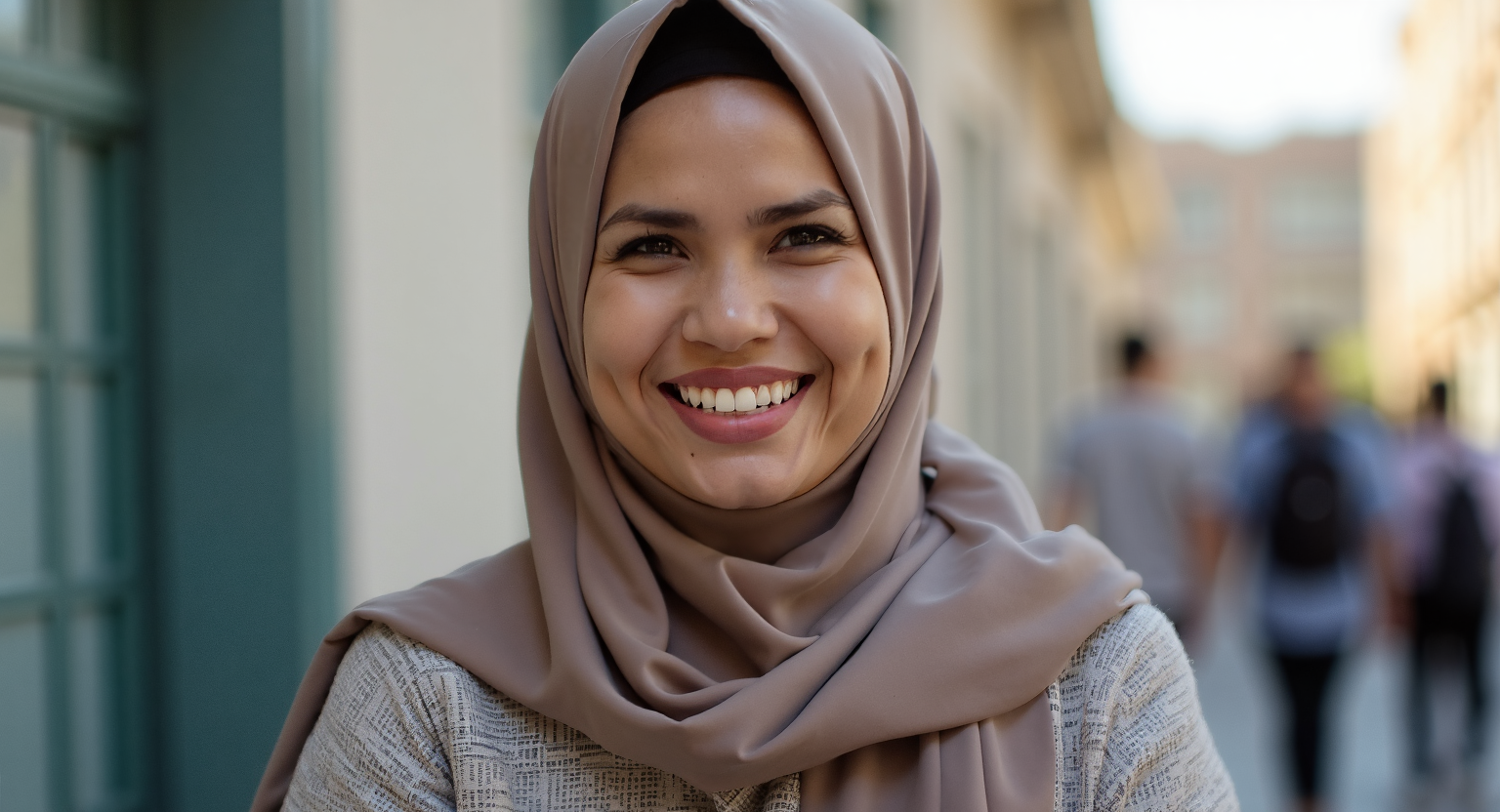Future-Proofing Filipinas: Skills & Growth for Domestic Workers in Saudi Arabia Beyond 2030 (OFWJobs.org)
The image of the Overseas Filipino Worker (OFW) is deeply ingrained in the Filipino national identity. For decades, Filipinos have ventured abroad, seeking opportunities to provide for their families back home. A significant portion of these OFWs, especially women, find employment as domestic helpers, with Saudi Arabia being a prominent destination. While this path has provided vital economic lifelines for countless families, the future of work, particularly as we approach 2030 and beyond, necessitates a critical examination of the prospects for these workers, especially in terms of career growth and skills development.
The current landscape for Filipina domestic helpers in Saudi Arabia is complex. While many find decent employment with supportive employers, others face challenging conditions, including low wages, long working hours, and limited personal freedoms. The “Kafala” system, though undergoing reforms, still presents potential vulnerabilities for workers. This system, which ties a migrant worker’s residency permit to their employer, can create situations where workers are hesitant to report abuse or seek better opportunities for fear of reprisal.
Looking towards the future of work in 2030 and beyond, the landscape for domestic work is expected to undergo significant transformations. Automation, artificial intelligence, and changing demographics will all play a role in reshaping this sector. While some fear that technological advancements could displace domestic workers, others see opportunities for these workers to upskill and transition into more specialized roles.
One critical aspect of navigating this changing landscape is skills development. For OFWs in Saudi Arabia, particularly domestic helpers, acquiring new skills is crucial for career advancement and long-term employability. Currently, many domestic helpers possess practical skills related to housekeeping, childcare, and cooking. However, the future demands a broader skill set, including digital literacy, communication proficiency, and specialized caregiving expertise. This means that investing in training and education programs tailored to the needs of OFWs is essential.
Several avenues for skills development are emerging. Online learning platforms offer flexible and accessible opportunities for OFWs to learn new skills at their own pace. Furthermore, partnerships between governments, non-governmental organizations, and educational institutions can provide targeted training programs that equip OFWs with in-demand skills. These programs could focus on areas such as elderly care, child development, nutrition, and basic healthcare, enabling domestic helpers to transition into more specialized and higher-paying roles.
Another key area of focus is language acquisition. While many Filipina domestic helpers possess basic Arabic conversational skills, fluency can significantly enhance their employment opportunities and empower them to navigate the Saudi Arabian work environment more effectively. Language training programs should be readily available and accessible to OFWs, empowering them to communicate confidently with employers, colleagues, and the wider community.
Financial literacy is also a critical skill for OFWs. Managing finances effectively, saving for the future, and making informed investment decisions are crucial for long-term financial security. Financial literacy programs can equip OFWs with the knowledge and tools to manage their earnings wisely and build a secure financial foundation for themselves and their families.
The role of technology in skills development cannot be overstated. Online platforms offer a wealth of learning resources, from language courses to specialized training programs. Furthermore, mobile applications can provide access to financial management tools, career guidance, and support networks. Leveraging technology to deliver accessible and affordable skills development opportunities to OFWs is vital for their future success.
Beyond individual skills development, systemic changes are needed to support OFWs in their career growth. Strengthening bilateral agreements between the Philippines and Saudi Arabia can provide frameworks for worker protection, skills recognition, and access to training opportunities. Furthermore, promoting ethical recruitment practices and ensuring fair labor standards are crucial for creating a supportive environment for OFW development.
The future of work for OFWs in Saudi Arabia is not just about individual adaptation; it requires a collaborative effort involving governments, employers, and the workers themselves. The Philippine government has a crucial role to play in providing pre-departure training, facilitating skills development programs, and advocating for the rights and welfare of OFWs. Employers, in turn, can contribute by providing opportunities for on-the-job training, supporting further education, and recognizing the value of skilled and qualified domestic workers.
The OFWs themselves are also key drivers of their own career growth. By actively seeking opportunities for skills development, embracing lifelong learning, and advocating for their rights, they can navigate the evolving landscape of domestic work and secure a brighter future for themselves and their families. Resources such as OFWJobs.org provide valuable information and support for OFWs seeking employment opportunities and career advancement. OFWJobs.org(https://ofwjobs.org/)
The transition from domestic helper to more specialized roles is not without its challenges. Cultural barriers, social perceptions, and the existing structure of the domestic work sector can present obstacles. Overcoming these challenges requires a multi-faceted approach, including raising awareness, promoting inclusivity, and challenging stereotypes. It also requires a shift in mindset, both among OFWs and within the broader community, recognizing the value and potential of domestic workers to contribute to the economy in diverse and meaningful ways.
One potential pathway for career growth is in specialized caregiving. As populations age in many countries, the demand for skilled caregivers, particularly for the elderly and individuals with special needs, is increasing. OFWs with experience in domestic work can build upon their existing skills and acquire specialized training in areas such as geriatric care, dementia care, and disability support. This would enable them to transition into higher-paying and more fulfilling roles within the healthcare sector.
Another area of opportunity lies in the hospitality and tourism industry. OFWs with experience in housekeeping, cooking, and customer service can leverage their skills to pursue careers in hotels, restaurants, and other tourism-related businesses. With appropriate training and certifications, they can progress to supervisory or managerial positions within these sectors.
Furthermore, the growing demand for childcare services presents another avenue for career advancement. OFWs with experience in childcare can pursue further training in early childhood education, child psychology, and special needs education. This would enable them to transition into roles as qualified childcare providers, educators, or even open their own daycare centers.
The future of work for OFWs in Saudi Arabia, particularly domestic helpers, hinges on their ability to adapt, upskill, and embrace new opportunities. The transition towards 2030 and beyond requires a concerted effort from all stakeholders to create a supportive ecosystem that empowers OFWs to achieve their full potential and contribute to the evolving global economy. Investing in skills development, promoting lifelong learning, and fostering a culture of recognition and respect for domestic workers are essential for ensuring a brighter future for these unsung heroes of the global workforce. The journey may be challenging, but with the right support and opportunities, OFWs can navigate the changing landscape of work and secure a future filled with promise and prosperity. Embracing this transformation is not just about individual advancement; it’s about building a more equitable and inclusive future for all.


